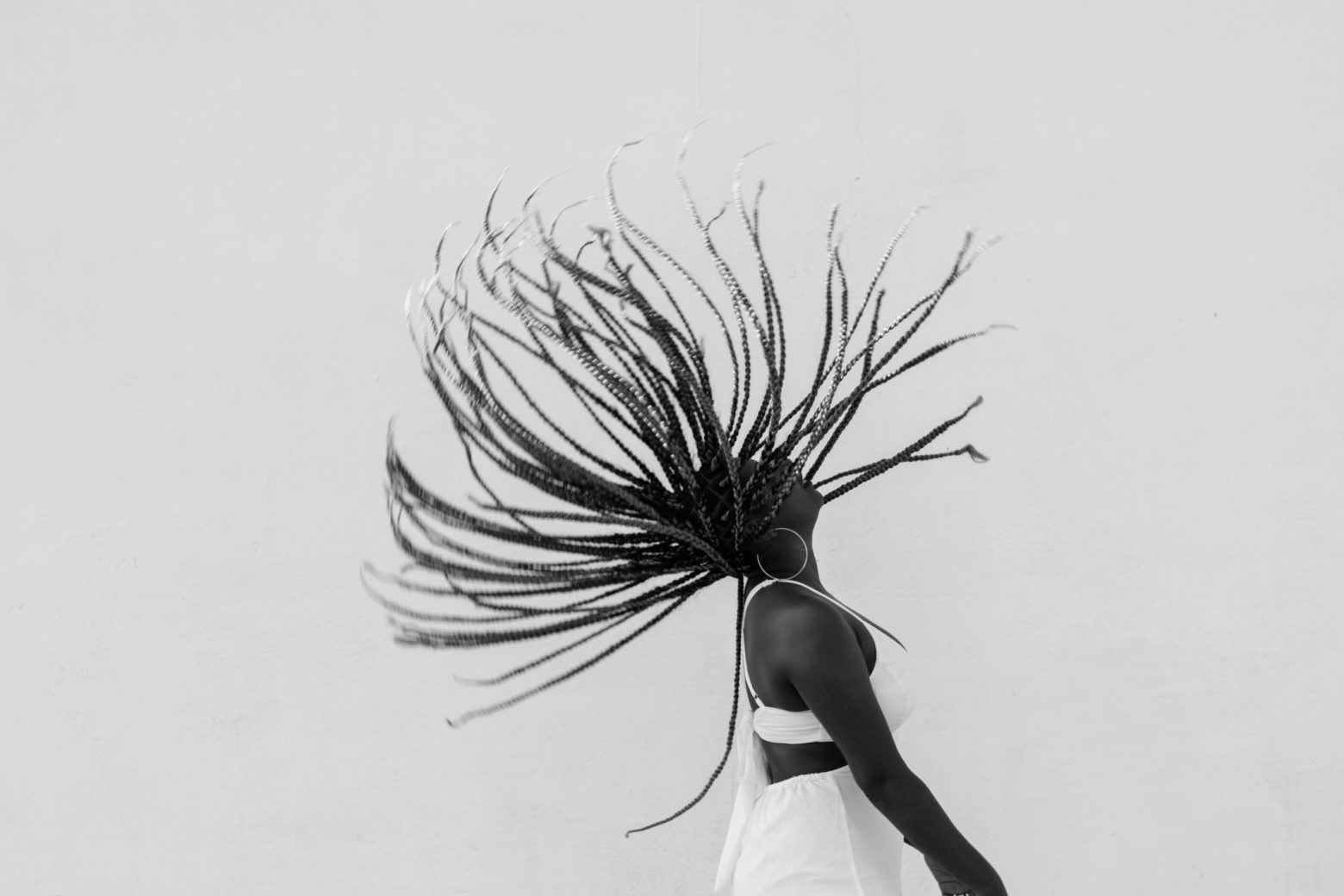My Black hair and Black body are not artifacts to be examined. We should not be having these conversations in the 21st century.
Your Comments Aren’t Helpful
When I first got to college, a mostly white, religious school, I did not often see many Black people like me. At first, school settled into an easy yet stable cadence. Soon, I began to make friends, then came the comments about my body, hair and mannerisms. Over time, the comments that seemed initially innocent, and occasionally funny, transitioned into eerie remarks that made me increasingly uncomfortable. To say that I began to feel overwhelmed by the fascination with my body and hair is an understatement.
Black Women Are Not Objects For Analysis
It was only after graduation and spending several more years in the U.S that I realized that society’s over-sexualization and obsession with Black women’s hair and bodies was not subject to only me. With each article I read of Black women sharing their experiences, I realized that the discomfort I felt all those years ago was not entirely out of place, and for the first time, I felt validated. The problem though, is that in most white spaces, Black women are scrutinized, analyzed, questioned, and in many ways, touched without permission, which leads me to the conversation about hair.
Stop Touching My Hair
It is one thing to ask someone if you can touch their hair, which is also awkward to do, but it is a complete violation to casually rub your palms through a person’s hair while in conversation because you think their new hairstyle is “cool” or “different.” The disregard for personal boundaries in this scenario is jarring. It is more unnerving when a person feels that it is socially acceptable to run their hands in a Black person’s hair as though they are a pet at a zoo. This only tops the careless, yet common comments about “what I nice bubble butt” I have.
Don’t Say Anything At All
There is a saying that goes: “If you don’t have anything nice to say, don’t say anything at all.” While the beauty of the first amendment is alive and well, it is especially draining to hear comments like “Your hair is different. I can’t get past how different you look with it.” It’s good to have an opinion, and I am glad you have one, but you don’t always have to voice it at every single time, especially when you don’t understand why a Black was sporting a buzz cut a few months ago, and now she is rocking Beyoncé-like honey blonde locks. It doesn’t matter, because there are other important things happening in our world.
Stop “Sarah Baartman-ing” Us
In the 19th century, Sarah Baartman was tricked and brought to Europe under false pretenses. She was paraded around “freak shows” in London and Paris, where large crowds gathered to look at her large buttocks. This sort of scrutiny has not stopped event today. When Black women are made to be a spectacle or approached as “freaks of nature,” it strips us of our humanity and can feel jarring, uncomfortable and out of place.
Sara Baartman (1770s – 29 December 1815)was the most well known of at least 2 South African Khoikhoi women who,due to their large buttocks,were exhibited as freak show attractions in 19th-century Europe under the name Hottentot Venus—"Hottentot" #WomenNotSexObjects @KiwandaSsuubi pic.twitter.com/GPeXGK00dy
— Dr. Bireete Sarah (@SarahBireete) February 6, 2019
It’s Not Okay
I have realized that some of these sociocultural anomalies will always be murky as far as race is concerned, but it still does not make it okay. Making subtle jabs about body parts and hair changes is, in fact, a micro-aggression, and we all know that micro-aggression is the grandchild of racism. So, dear racist white people, it’s okay not to understand, but it’s never okay to touch, stare, make cringe comments, and be condescending.
